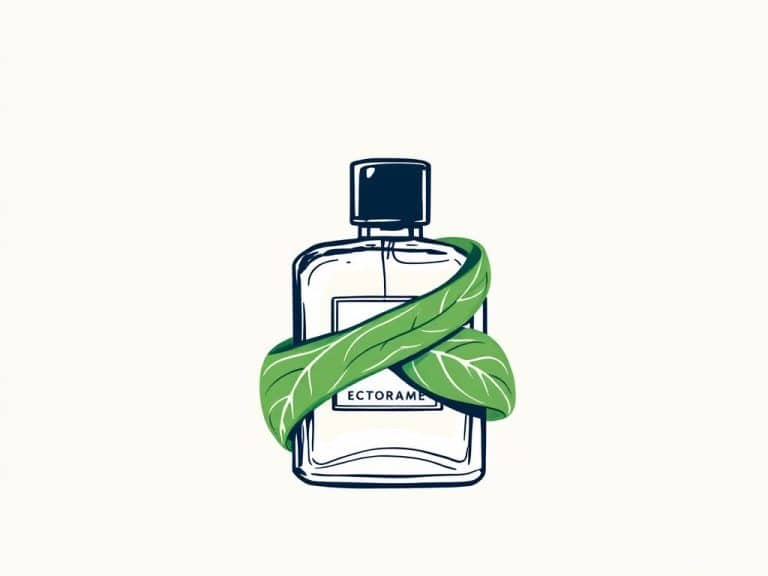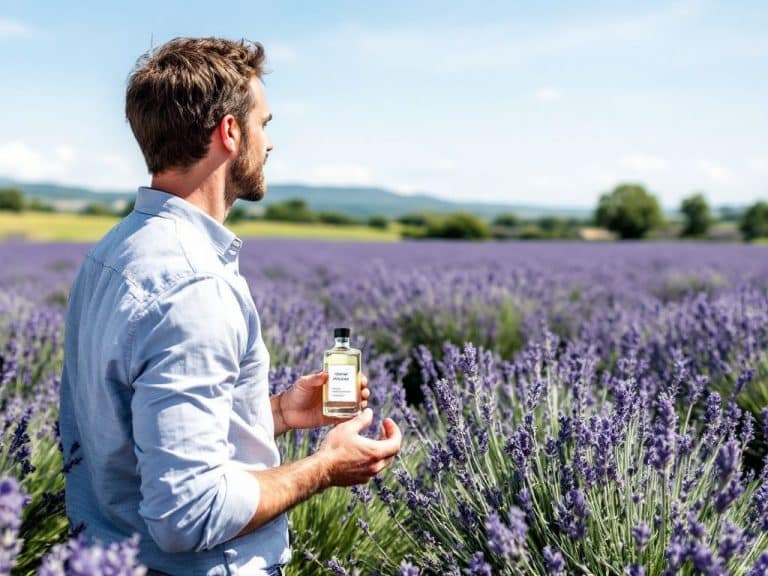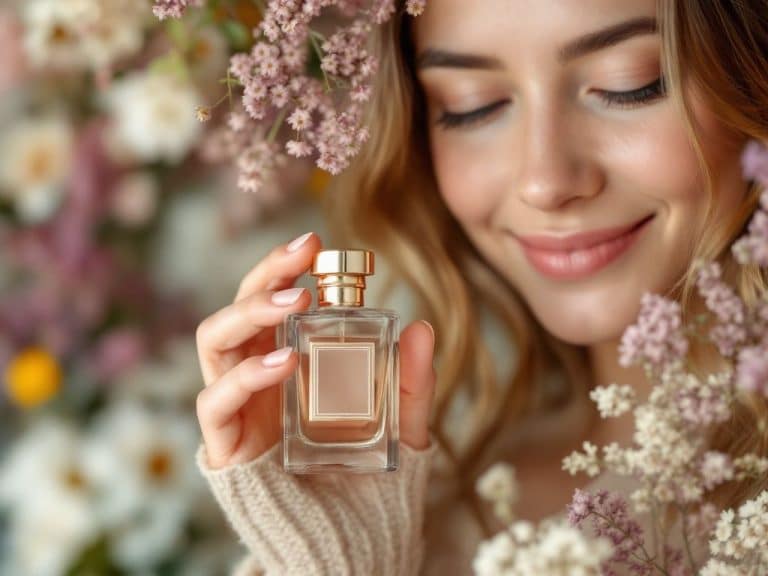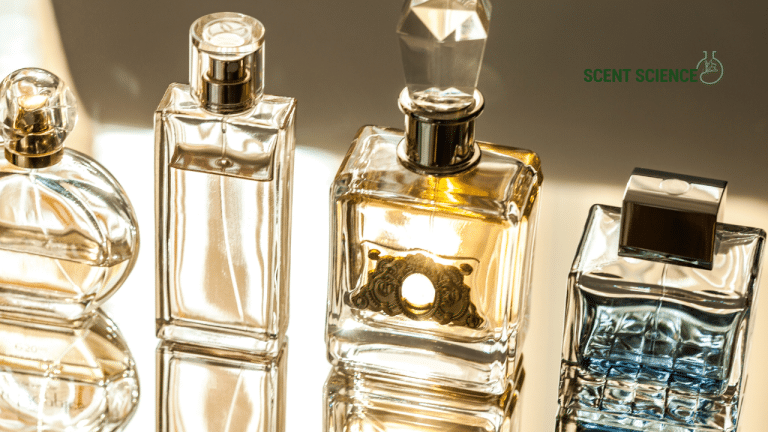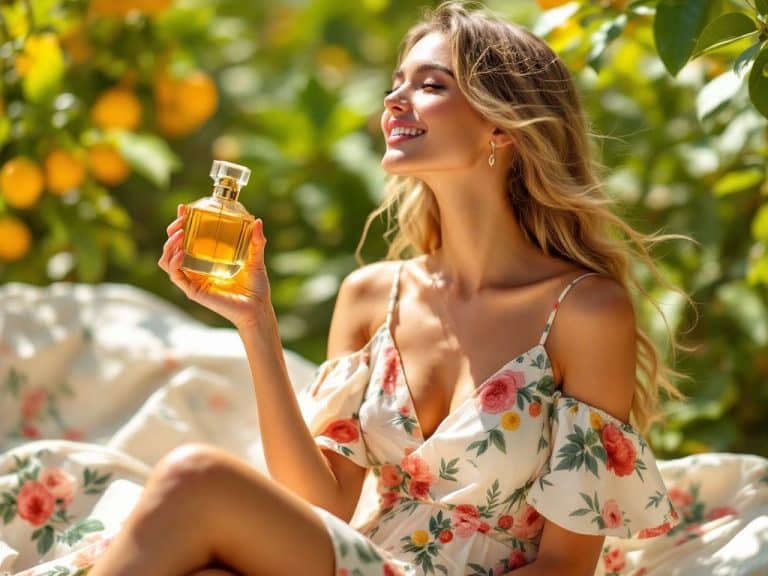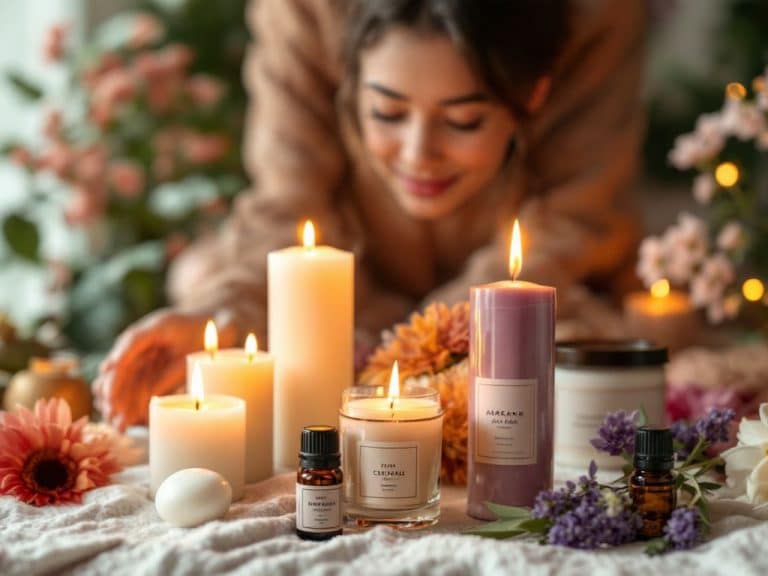
[Mood Boosters] The Science of How Scent Affects Mental Health
Mood-enhancing scents can play a pivotal role in emotional wellness, influencing our mood, well-being, and even psychological balance. The human brain and the sense of smell are intriguingly intertwined, and a single whiff of carefully crafted scent can have a significant impact. By leveraging scientifically backed aroma strategies, you can cultivate a positive emotional atmosphere and foster sustained mental health benefits.

